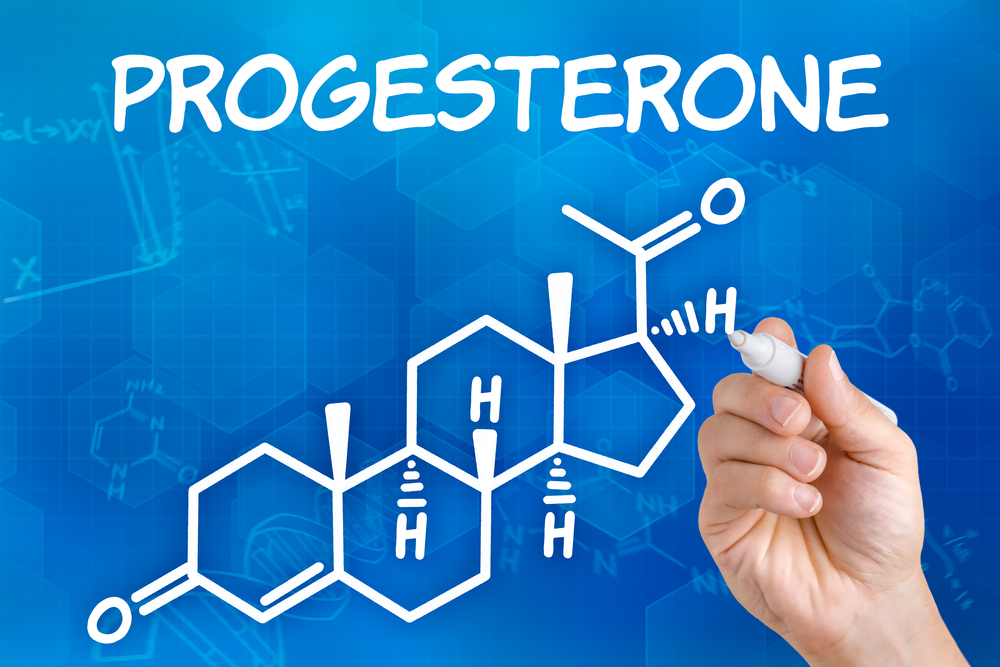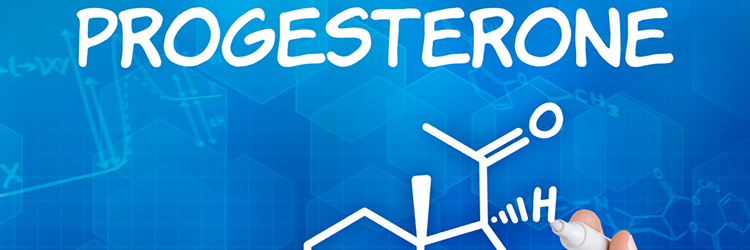
How is progesterone hormone related to hair loss?
Progesterone is a female sex hormone that the ovaries secrete during the last 2 weeks of the menstrual cycle. It is crucial for regulating menstrual cycles, maintaining health and correcting any physiological changes occurring during the month. In addition to this, it also helps in the production of many other significant hormones, including cortisone and oestrogen. This hormone is helpful in preventing conversion of testosterone to DHT, a biologically active metabolite that is responsible for the damage of hair follicles. Owing to this, progesterone plays an important role in treating hair loss.
How is progesterone administered
Here are the different methods of administering progesterone:
Orally:
The hormone is available as a capsule, which you can take orally with water. The dosage and duration of the treatment depends on your condition and the reason why you are taking it. [3]
By injection:
The injection is given in your muscle as a shot. The dosage and the number of injections you should receive depend upon your individual condition. Successive progesterone shots may be given at an interval of 6 to 8 days, depending on your reason for taking them.
Into the vagina:
Progesterone hormone is also available in the form of vaginal tablets, gel pessaries, but this administration method is more common for treating infertility and other menstrual problems.
Not all methods of progesterone administration may be suitable for treating hair loss. You should not start taking the hormone without consulting your doctor. The method of administration and the dosage may vary from person to person. You should not take this hormone if you are pregnant, if you are allergic to sesame seeds or sesame oil, or if you are taking any other medicines at present.
So, if you are suffering from hair loss and want to get rid of it once and for all, consider concentrating on your hormones. Getting progesterone levels in your body up can actually help stop hair loss and induce hair growth.















